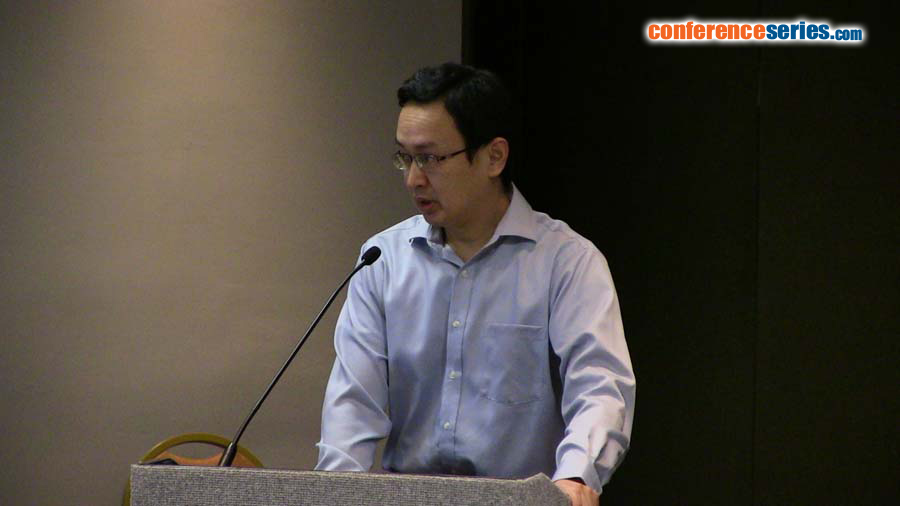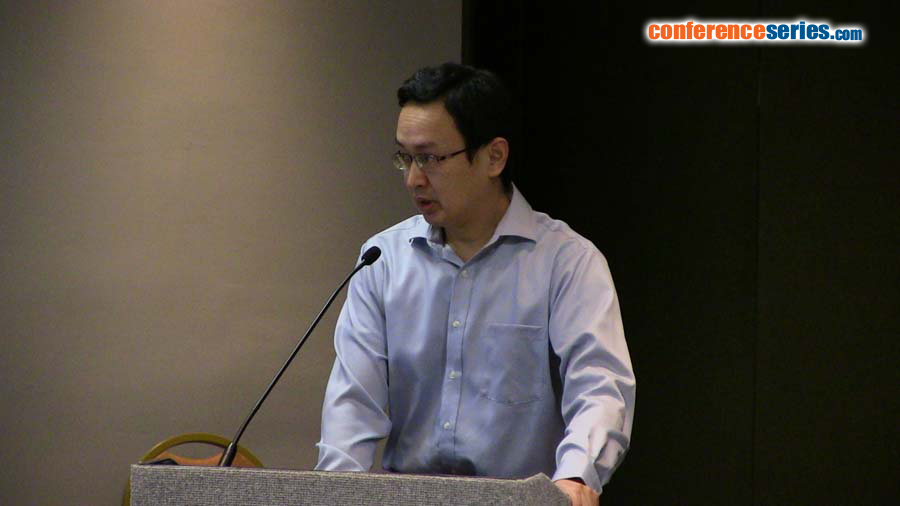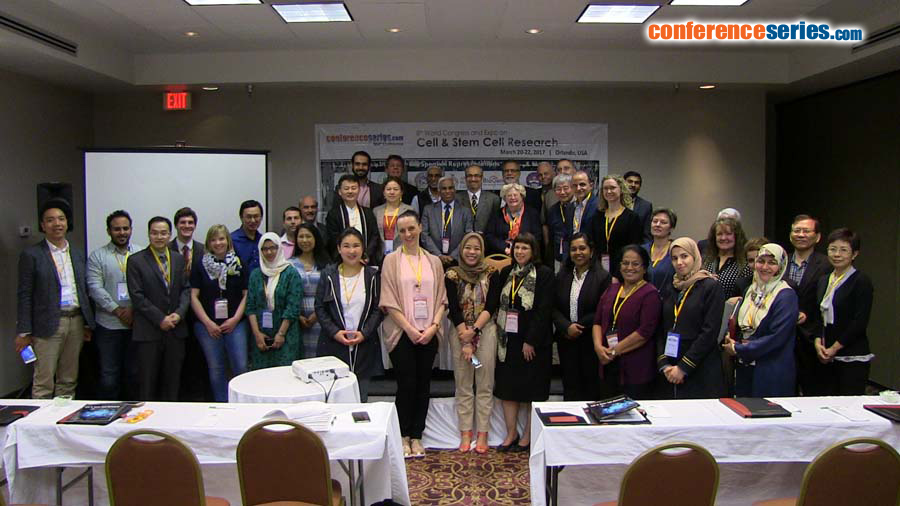Yuhang Zhang
University of Cincinnati, USA
Title: Microenvironmental induction of cell cycle blockade in malignant melanoma
Biography
Biography: Yuhang Zhang
Abstract
Cancer-associated fibroblasts (CAFs) are one of the most abundant non-cancer cells in the tumor microenvironment that support melanoma to grow, migrate and develop drug resistance. β-catenin signaling is important for fibroblast activation and their biological functions. We discovered that CAFs that surround and infiltrate melanoma tumors express high levels of cytoplasmic and nuclear β-catenin. Ablation of β-catenin causes cell cycle arrest in stromal fibroblasts and reduces the production of autocrine and paracrine factors and extra cellular matrix (ECM) proteins. Thus, we designed a novel genetic approach to ablate β-catenin expression in melanoma-associated CAFs to evaluate their effects on the initiation and development of Braf-driven melanoma. To our surprise, stromal fibroblasts showed inhibitory effects on melanoma initiation in vivo. Conversely, Braf-activated Pten-deficient melanoma development was significantly suppressed after CAFs were deactivated by β-catenin ablation. Consistent with this observation, melanoma cell growth was significantly inhibited while cell death was increased. Meanwhile, decreased production of ECM protein collagen and fibronectin was found in Braf-driven melanoma tumors that contained β-catenin-deficient CAFs, suggesting the melanoma microenvironment was remodeled. Further analysis revealed that expression of phospho-Erk1/2 and phospho-Akt was greatly reduced, effectively abrogating the activating effects and abnormal cell cycle progression induced by Braf and Pten mutations. In addition, epithelial-mesenchymal transition (EMT) was also suppressed in melanoma cells. Taken together, our data highlight an important crosstalk between CAFs and the RAF-MEK-ERK signaling cascade in BRAF-activated melanoma and may offer a new approach to abrogate host-dependent drug resistance in targeted therapy.



